Unique Advantages and Wide Applications of Medical Plastic Injection Molding
DATE:2024-09-30 HITS:1102
Medical plastic injection molding stands out in the medical field with its unique advantages compared to other materials. It exhibits the following highlights:
Cost-Effective: Due to its low cost, medical plastic injection molding is an ideal choice for the production of disposable medical devices, effectively avoiding the cumbersome process of repeated use and sterilization, which is both economical and efficient.
Easy and Flexible Processing: Its excellent plastic deformation ability allows medical plastics to be easily shaped into various complex and effective structures. This characteristic is far superior to metal materials and glass, greatly expanding the scope of application.
Durable and Tough: Medical plastics are not only sturdy but also have good ductility, effectively avoiding the fragility of glass materials and ensuring the safety and reliability of medical products.
Chemical Stability and Biological Safety: Medical plastic injection molding materials exhibit excellent chemical stability and biocompatibility, providing a solid safety guarantee for medical applications.

Specific Applications and Characteristics of Medical Plastic Injection Molding
Polyvinyl Chloride (PVC)
With a market share of up to 25%, PVC, due to its low cost, wide applicability, and ease of processing, occupies an important position in medical products such as blood purification tubing, respiratory masks, and oxygen tubes.
High-Density Polyethylene (PE, especially UHDPE)
With its high strength, low friction, resistance to stress cracking, and excellent energy absorption characteristics, UHDPE has become the preferred material for artificial hip, knee, and shoulder joint replacements.
Polypropylene (PP)
PP's high transparency, excellent barrier properties, and resistance to radiation make it shine in the field of medical devices and packaging, with wide applications.
Polystyrene (PS) and K Resin
As one of the three major plastics, PS is lightweight, transparent, and easy to color, with excellent processing performance; K resin, made from the polymerization of butadiene and ethylene, is transparent, non-toxic, highly impact-resistant, has high light transmittance, and a heat deflection temperature of 77°C. Its good flowability and wide processing temperature range make it a leader in medical products.
Acrylonitrile-Butadiene-Styrene (ABS)
ABS combines rigidity, strength, impact resistance, solvent resistance, radiation resistance, and resistance to ethylene oxide sterilization. It is widely used in surgical tools, clamps, plastic needles, tool boxes, clinical diagnostic components, and hearing aid shells, especially in the manufacturing of shells for large medical equipment, demonstrating its irreplaceable value.
In summary, medical plastic injection molding, with its unique advantages and wide range of applications, plays an indispensable role in the modern medical system, continuously driving innovation and progress in medical technology.
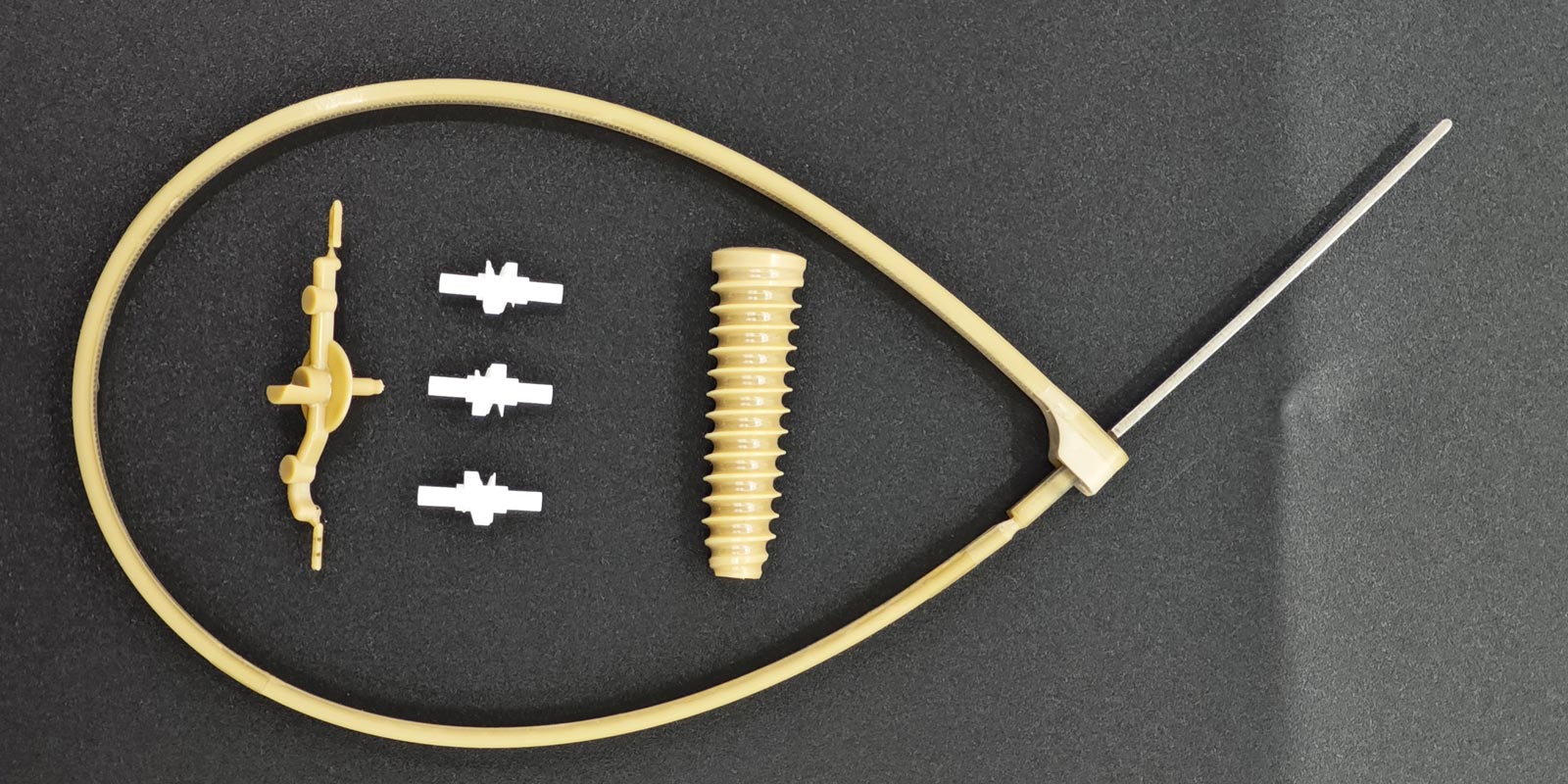
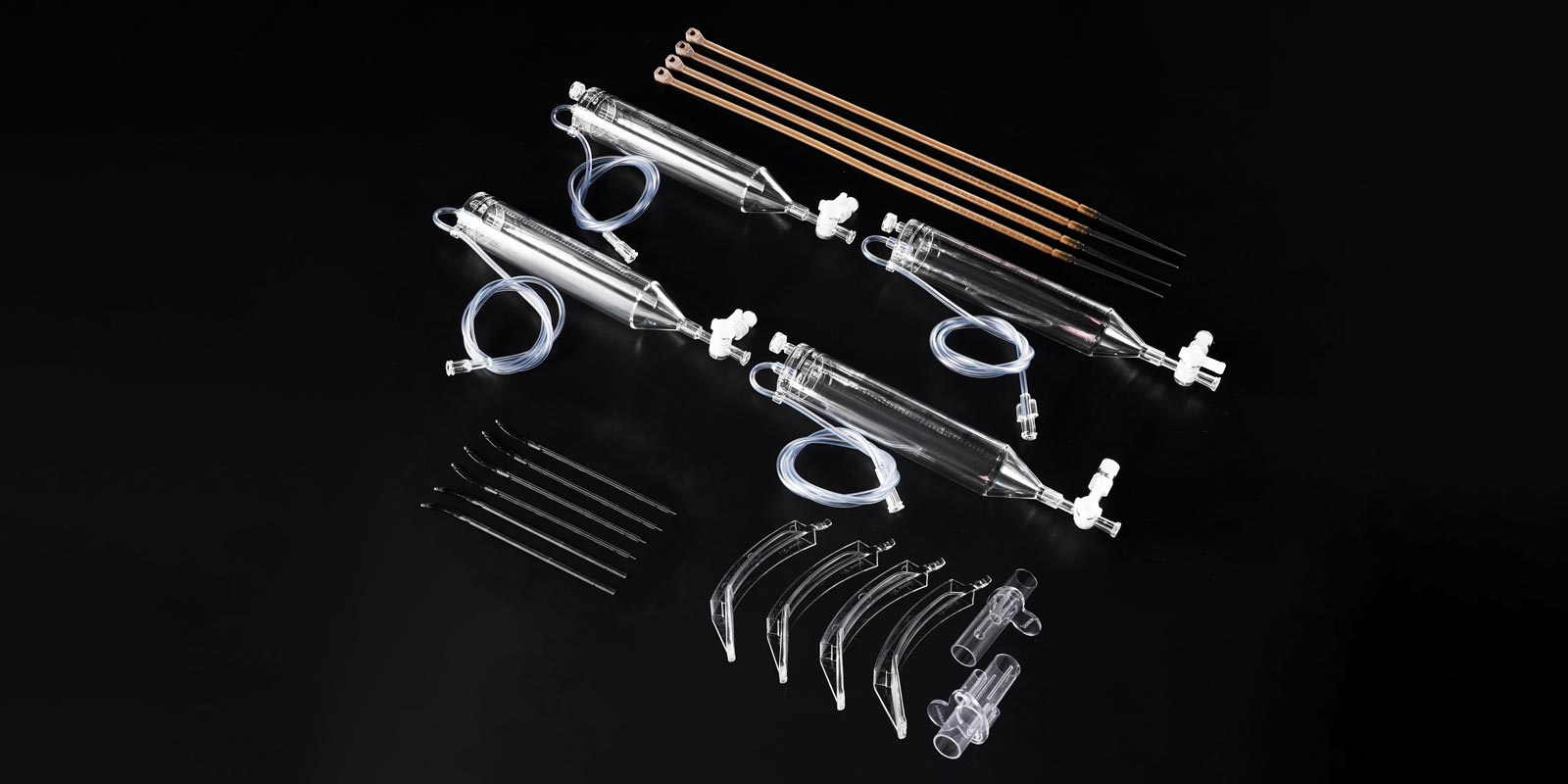
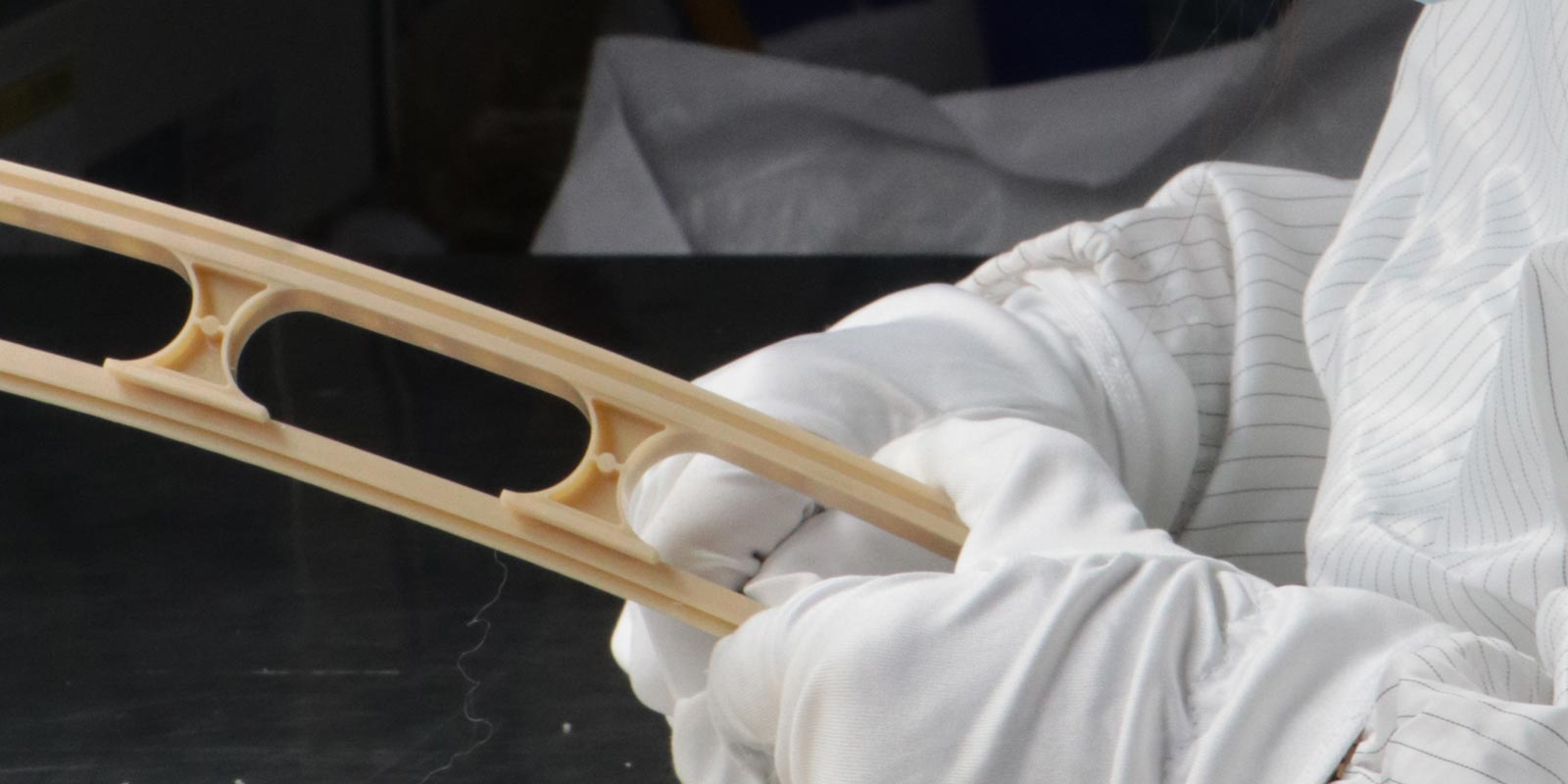
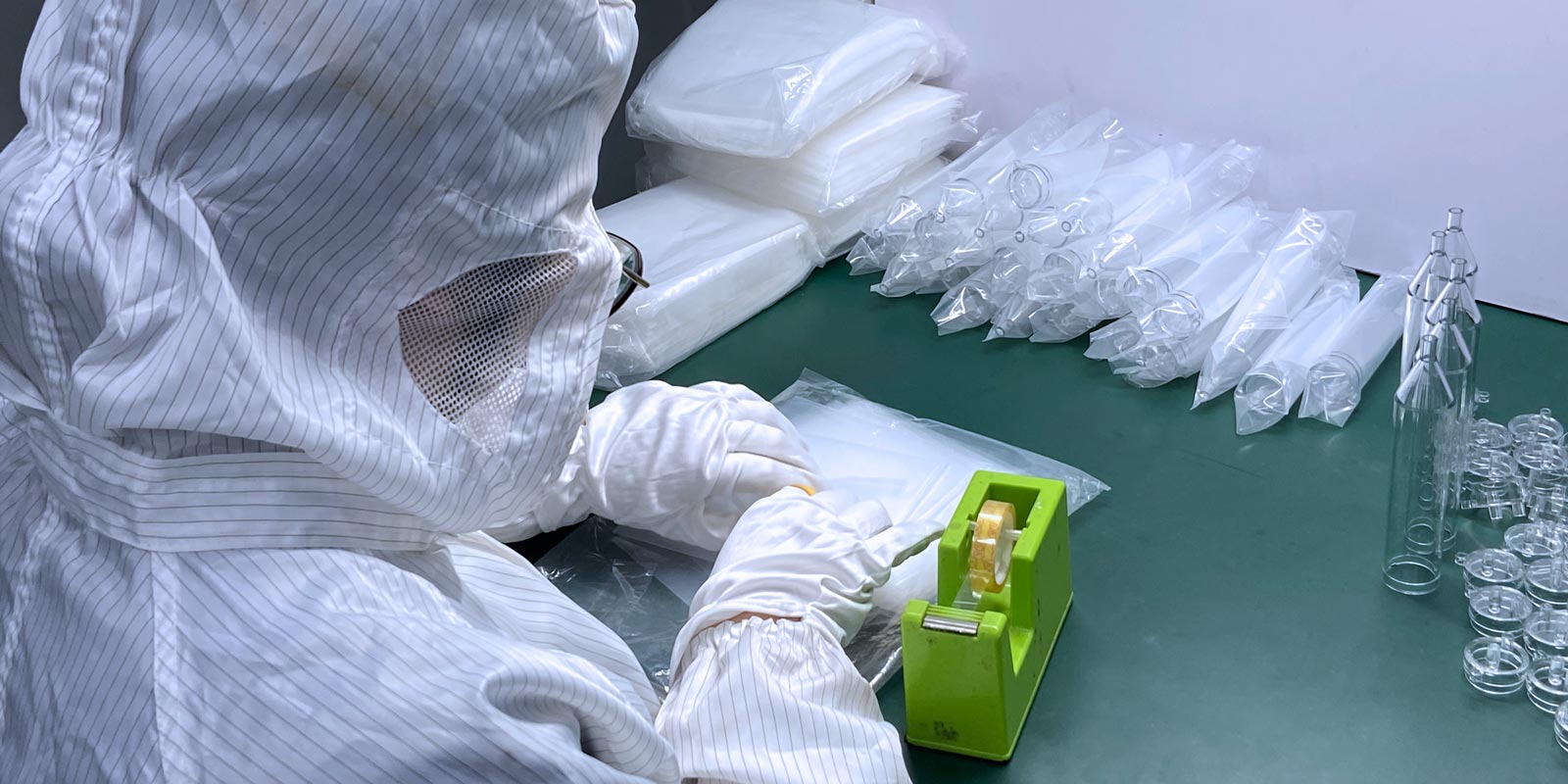
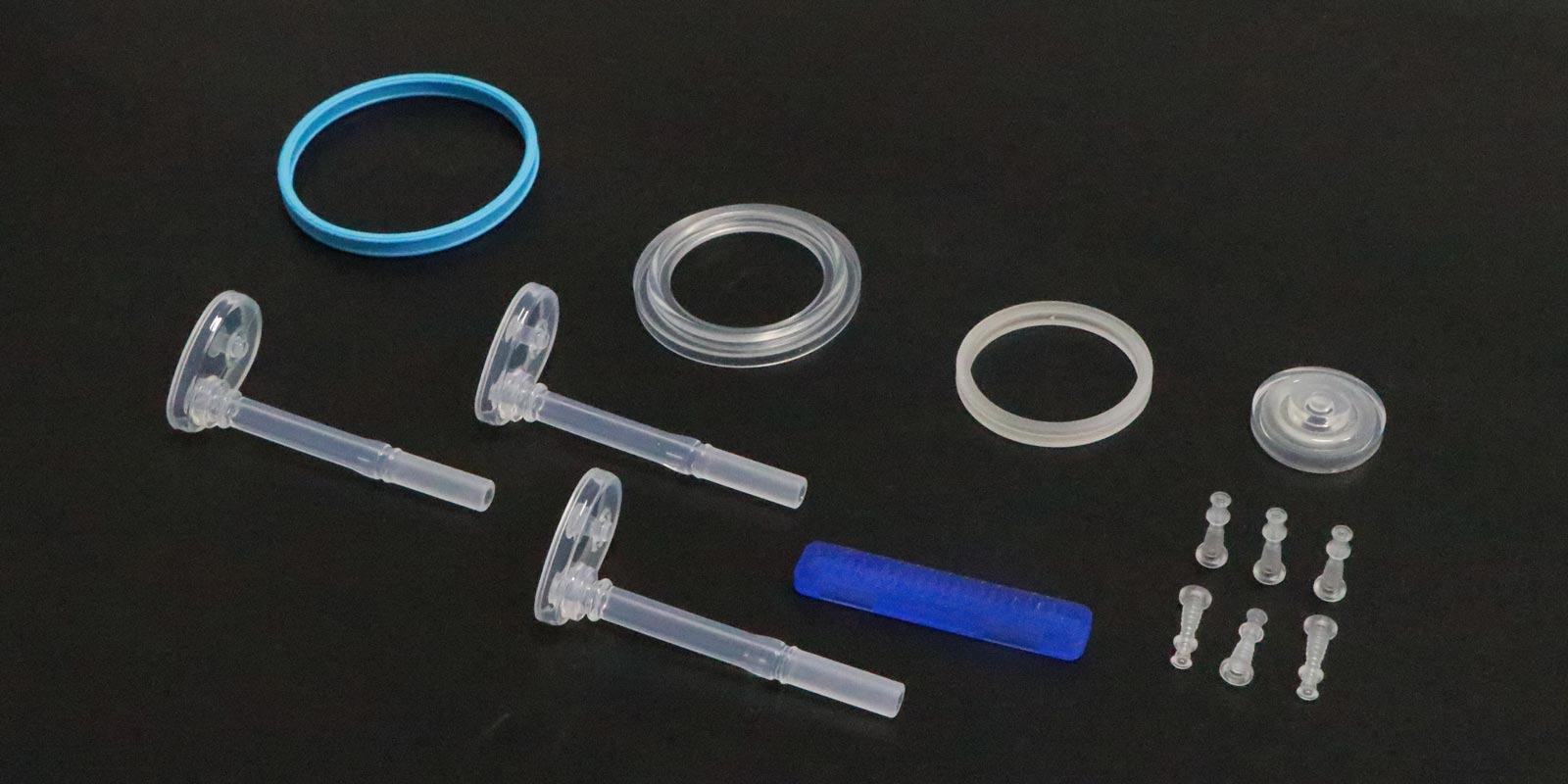











 Home
Home
